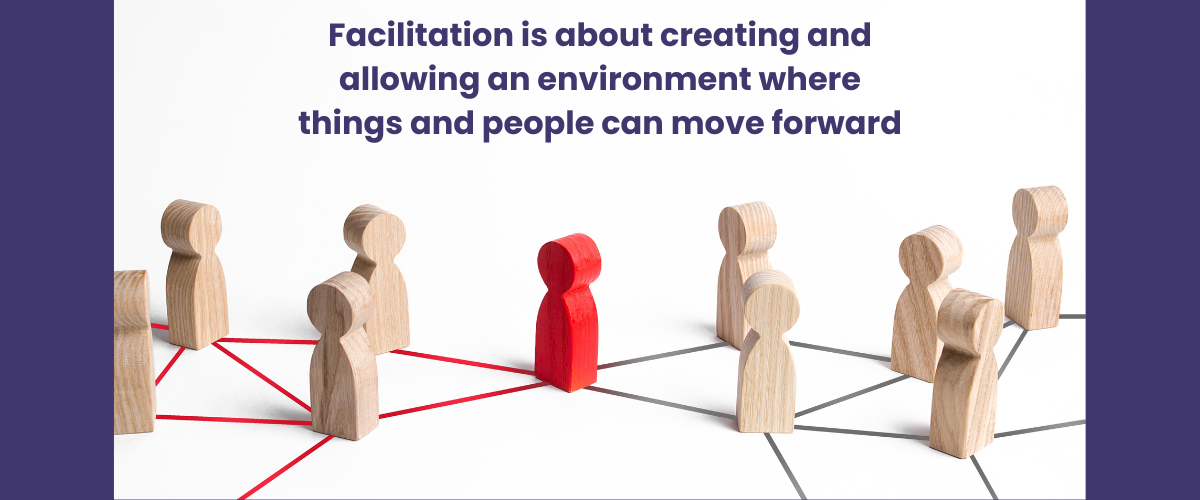Are you fed up not being able to achieve what you want in your job? Do you get annoyed with the other people? Frustration occurs when we feel annoyed that we can’t change of achieve something. So what can we do when this happens at work?
Recent research shows that almost half of us want to leave our current role (LinkedIn Workforce Confidence Report, 2024) and whilst frustration may not always be the reason, if we weren’t frustrated the chances are we would be happy to stay at our current employer. At Think Organisation we are a great advocate of exit interviews, as it is vital to ensure people leaving your business remain strong advocates of your brand. So often, talented people move on and because of the negative experience of being off-boarded they would never consider returning to an organisation in the future – even if the right role, right rewards, right time, right location and right opportunity presented itself.
Ironically, after the so called ‘Great Resignation’ in 2021, where 47 million people changed their employers one survey suggested 80% of people regretted their decision to resign (Fast Company, 2023). Other studies delved into the reasons for the regrets, but whether it was the salary, the co-workers, or the work-life balance – it all boiled down to frustration.
So before jumping for the resignation letter lets considered how you can understand why you might be frustrated by your current job. And most importantly, ensure that if you do decide to leave, then you have done your homework and won’t live to regret your decision later. After all, the grass isn’t always greener on the other side.
The first challenge is to understand, whether it is your manager, your team, your organisation or everything which frustrates you. Whilst this may be something you can quickly say, it is important to really think about whether this is the root cause of the frustration. For example, you may think it is the salary which frustrates you, but is it something deeper than this? And if they fixed the salary would something else frustrate you?
So grab a brew, a pen and paper or an electronic notepad and find somewhere you can concentrate and write down your answers to the following statements:
- If I could change three things today to make my job better what would they be . . .
- Close your eyes and describe your ideal workplace or job, really think about it and now write this down
- How does your current job measure up against this ‘perfect’ job you have just described?
- What are the three best things about my job today?
Whilst there are no right or wrong answers, it is important to think about things over the longer term and in context. So depending on the answers you wrote above, think back over the last six months, or year, and work out how much of the time this has been the case – or is it that you are going through a short-term bad patch?
Humans generally have a negativity bias, which means we tend to focus on the negative aspects more readily than the positive. This bias is asymmetrical, which means for every one positive thing which we may glaze over, we are likely to spot or focus on three negative things. At times, especially when focusing on relationships, we can actually spot five negative elements for every one positive as our brain places more psychological weight against the negative events in our mind. So keeping this in mind, go back through your answers and think about what the positives are?
If you have done this and are still unsure why you may be frustrated about your job, we recommend you delve a bit deeper. It can often be useful to do this with a friend, or set aside an hour of time when you won’t be disturbed to start this process.
Step 1: Self-Reflection
Think about your current feelings towards your job. Are you feeling stressed, anxious, angry, or overwhelmed? The chances are if you are feeling happy, relaxed and content you might not still be reading this blog, so this is deliberately negative!
Track your daily experience at work for a week or two. Note when you feel frustrated, what was happening at the time, how did you react? Was it a person, an event, a situation or the time of the day? By using a journal, you can identify patterns or specific triggers which occur and lead to your frustrations.
Step 2: Analyse your work environment
Think about where you work, when you work and how you do your work. We often work remotely, in offices, or in our cars, so it can be difficult to understand where we are most productive. Do you enjoy being in the office? Do you enjoy working from home? Where are you the most productive?
Consider your workload, think about your tasks – do you have too much or too little to do? Does what you are doing give you energy – or is it tedious? How is your workload compared to that of your peers? Do you enjoy working with others or prefer working alone?
Think about your relationships at work. How do you interact with your colleagues, managers or clients? Do you enjoy this interaction? Is there conflict, communication issues or feelings of isolation which could be contributing to your frustration?
Think about the culture where you work. This is the way things get done. Does the company culture align with your values and work style? Is it supportive or is it toxic? Do you feel safe and supported at work? Or do you feel threatened and at risk? Culture can so often be the cause of frustrations, especially when it is misaligned to a person’s goals.
Step 3: Examine your job role
Think about your current job. Is it clear what you need to do? Is it clear what you need to achieve? Have you been in your job for a long time? Are you bored in your current role? Does it excite you when you think about your job? Or does it fill you with dread? The following questions may help and can be discussed with your immediate supervisor or manager.
- Are your job responsibilities and expectations clear?
- Do you know how to succeed in your job?
- Are you satisfied with your career progression to date?
- Do you feel supported in your role?
- Do you find your work meaningful and engaging?
A lack of motivation or a disconnect between your job and your personal values can often cause frustration. Feeling stuck or seeing no clear path to advancement can also lead to dissatisfaction.
Step 4: What about other factors?
Do you have a good work-life balance? Are you satisfied in other areas of your life? Do you have time to relax and take enjoyable personal time? Or are you struggling because of another stress, e.g. relationships or other factors such as life stressors?
Often people focus on their job as a source of frustration because it is easier than focusing on the ‘other stuff’. There could be financial concerns, family issues, uncertainty about where you are living or health problems which are driving feelings of frustration in your job. Often personal challenges can exacerbate work frustrations, especially if we are not sleeping, so things that used to be ok now become increasingly frustrating.
Step 5: Talk to someone you trust
It is often good to gather feedback from others who you trust. This could be a trusted colleague or a mentor. Perhaps someone in the family or a friend can help you understand more about your frustrations. What have they noticed that you may not have noticed? Often people will share their opinion of a situation which can be useful to gain insights and perspectives that you hadn’t previously considered, which may also help you understand more about your frustrations.
A candid conversation with your manager can also be helpful, assuming they are a supportive manager. Managers can help clarify expectations, address concerns and provide support. Plus sharing your thoughts, feelings and frustrations with them can ensure they help you overcome the challenges you are currently facing.
Step 6: Think about your longer-term goals
What was the reason you took this job? What hopes and dreams did you have when you took this job? Is this job a “means-to-an-end” job, or is it the job of your dreams? Does your current job help you get towards your long-term goals and aspirations? Or is your job compromising your personal values?
It can help to think about your aspirations, and what you want to achieve. Is this job helping you? Has it delivered what it said on the tin? Spend some time writing down your longer-term goals, even if they are dreams and aspirations, it is important to know where you want to go in the longer term.
Step 7: Take Action Against Frustration
Often frustrations can arise when we feel out of control. This can include when you want to make changes, however it is not in your power to do so. Or when you believe making changes is not in your control. Review the list of things you have written above and start to think about where they fit on the model below? Can I really change them or could I influence a change in them? Is there something else I could do? For items in the circle of concern (which is what you can’t control) – park your thoughts about them as it is eating up time and energy, and instead focus on some of the elements you can control.

For example, frustration can arise over something that happened in the past. In reality you can’t change the past, you can only influence the future. There are other areas which you may be able to influence, e.g. which work projects you get to work on going forward. There are other elements which may be in your control e.g. how you respond to certain situations. For more information on this model, or to get insight from the professionals, please email [email protected].
Now you have spent some time reflecting, writing and understanding more, we recommend you take some concrete steps to address any sources of frustration. These might involve keeping a journal, or seeking support from a trusted colleague. But think about three actions you are going to take in the next few weeks and write these down, commit time to them and set a reminder in your calendar to review your progress.
By taking the time to reflect, gather information, and explore solutions, you can gain a clearer understanding of what’s causing your frustration and take steps to improve your work experience.



